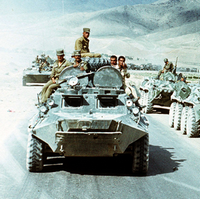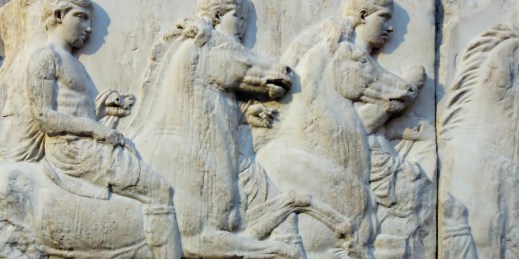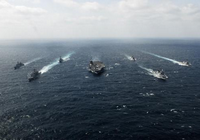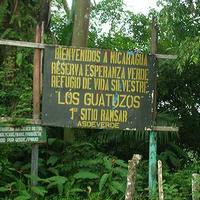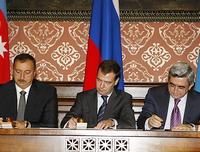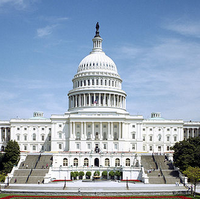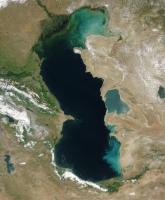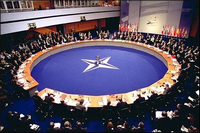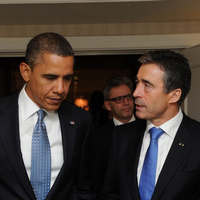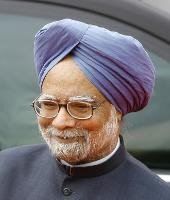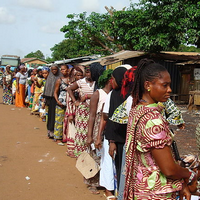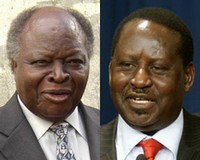
NAIROBI, Kenya — Throughout his time in Kenya, U.S. Ambassador Michael Ranneberger has been known for his expansive and delighted presence at any number of cultural events and festivals, especially those that featured dancing, and his fondness for vanilla lattes from the local Starbucks equivalent, Java House, just a stone’s throw from his office. However, he has also been known for his blunt assessment of the country’s government and political elites, particularly in the aftermath of the country’s 2007 post-election violence. Ranneberger’s departure from Nairobi has been expected for months. Now, the very Kenyan politicians Ranneberger has long targeted are […]

